Prompt 2: Chase Curiosity
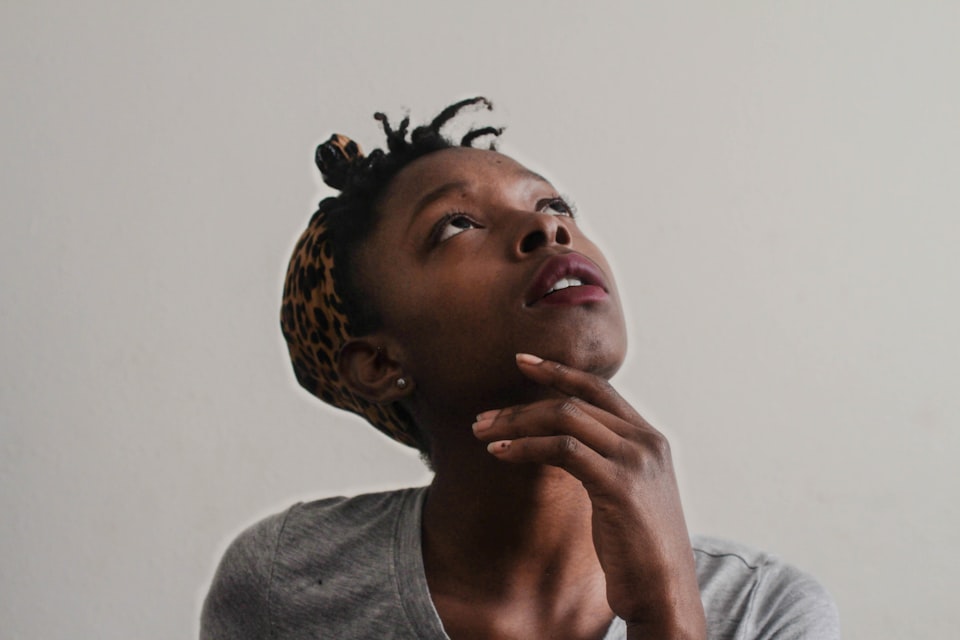
If you're new here check out why I'm doing this year of prompts here.
Have you ever heard the advice to ‘do what you’re passionate about?’
I remember being given this advice by a well-meaning teacher in a careers class as I neared the end of high school.
The advice sounded decent enough, but the challenge for me was I didn't have a passion to pursue.
- I had a number of interests (for example, I enjoyed photography).
- I had a few hunches (for example, I was curious about whether I might be suited to business or entrepreneurship)
- I had a few skills (for example, I’d been doing, and enjoying, a little speaking at my church)
- I even had some vague goals (for example, to do something that helped others).
But passions? None of these things fit into that category.
The result of not having a passion for pursuing was that I could quite easily have ‘drifted’ through life for the next few years.
Fortunately (and thanks to some great advice from my parents), I decided I had to choose something, and so I enrolled in a Marketing degree hoping to see if I really was suited to a career in business.
While I wasn’t 100% sure it would be my 'career', my parents encouraged me to make a choice and to start moving - but also not to abandon my other interests, hunches, experiences and goals.
I soon discovered that my load at university wasn’t too heavy, and I had time left to do just that and so the next few years became a time of prolific experimentation.
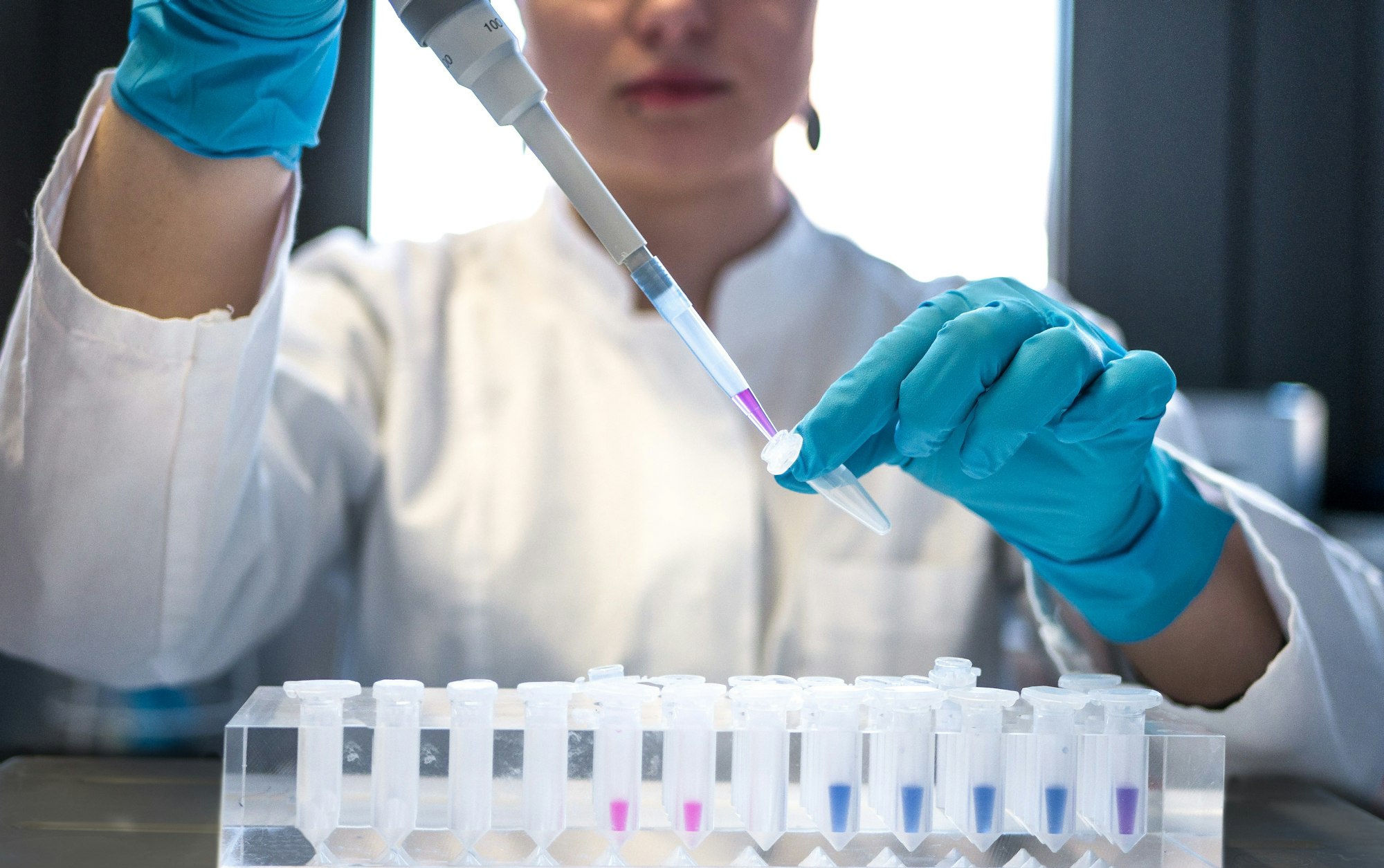
Some of my 'experiments included:
- Working in a part-time sales job at an office supplies company
- During one summer break travelling to Thailand to live and work in a hospice caring for patients with HIV and AIDs.
- On another summer break enrolling in a short course that taught public speaking.
- Photographing events, parties, weddings and portraits.
- Doing some voluntary youth work in our local church.
At the time, I felt like I was stumbling in the dark a little. Some of my experiments saw me fall flat on my face, and others went ok but didn't ultimately lead anywhere.
While it didn't feel like it at the time, I now look back and realise this time was a very formative time and shaped a lot of what I would end up doing.
Through it, I discovered that some of my hunches were not quite right. It turns out the marketing degree was not a good fit for me, and I never completed that degree.
I also realised that some of my interests were best left as hobbies. While I enjoy photography, becoming a wedding photographer was too much pressure and would have killed my love of this art form.
But most excitedly, I also discovered that experimenting with some of my hunches and interests only GREW what I was feeling.
For example, speaking and volunteering in youth work brought me a lot of joy.
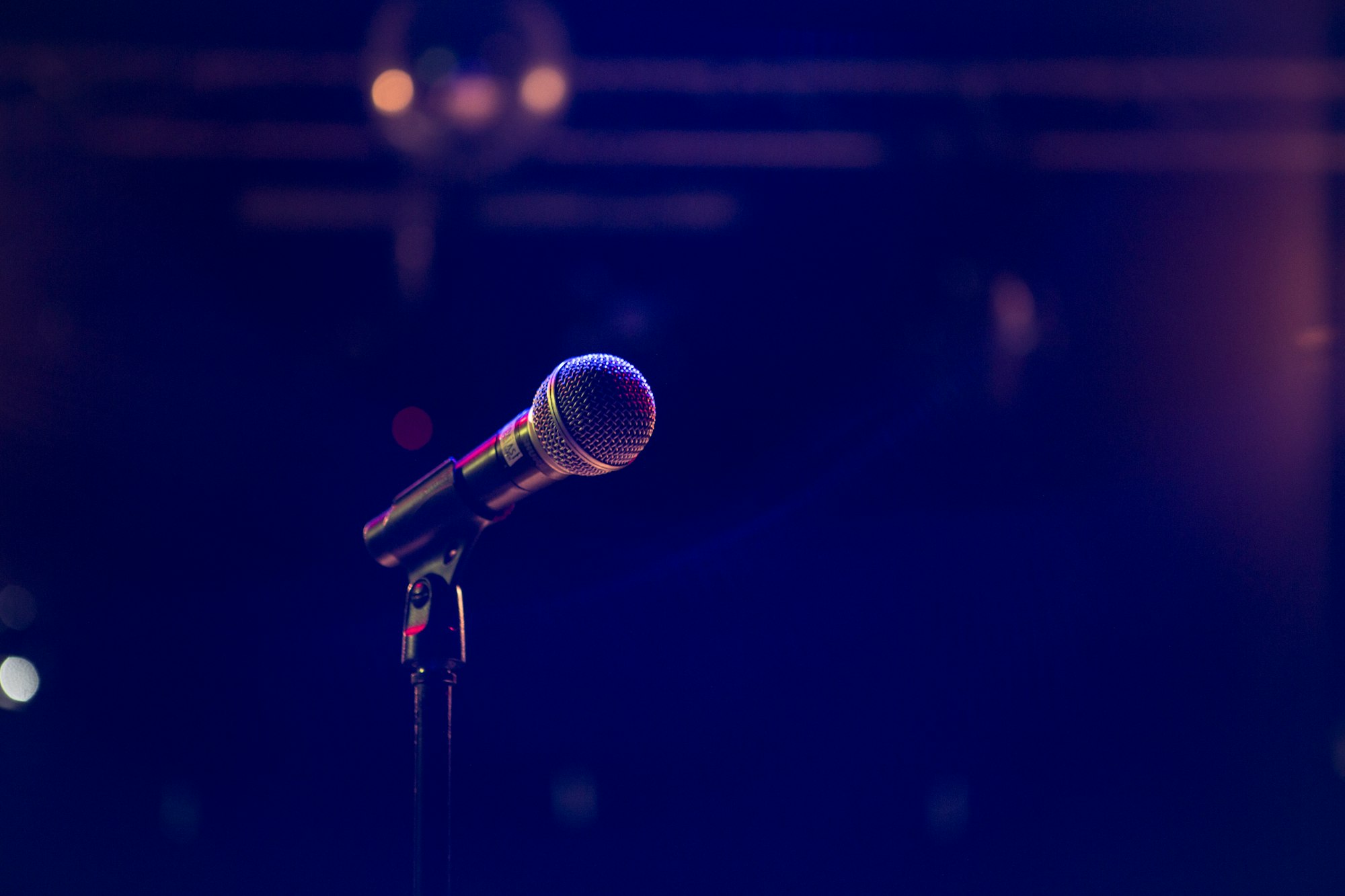
I put more and more time into this volunteer work and took every opportunity I could to speak (for free) in schools and churches and even do workshops in my local library!
What started as a hunch grew and grew, and one day I realised I had a passion!
People saw my passion and growing set of skills, and before long new opportunities opened up. For the next 10 years, I was employed to communicate with and work with young people!
This is a pattern I’ve seen in my life (and in the lives of others) many times.
When my Hobby Became My Career
Back in 2002, I came across a blog written by a guy living in Prague who was writing about a niche interest that I also shared.
Something about what he was doing made me curious and so I Googled ‘what is a blog’ and then ‘how to start a blog’.
That spark of interest that I noticed in me as I read that blog led me to start my own blog later that day.
The spark had become a tiny flame.
I had no idea what I was doing. It looked ugly, and I wasn’t a great writer - but I was having fun.
In the coming days and weeks, the flame grew larger as I began to write, connect with others and learn some basic blogging skills.

To cut a long story short, over the coming months and years, I grew that flame into another passion and, in 2004, went full time as a blogger with numerous blogs, events, a podcast, ebooks etc.
It all started because I noticed something someone else was doing that made me curious.
This is a pattern that is probably familiar to you.
Most people I meet have moments in their life where a spark of curiosity that was fanned into a flame with action has led to a life-changing moment.
- Maybe it was an interest that turned into a passion.
- Or maybe it was a hobby that turned into a career.
- It could have been a friendship that blossomed into love.
- Or perhaps it was a question that you pursued that led to a discovery.
Your examples might be big, or they may be small. But I bet that if you take a little time, you’ll be able to find some.
When have YOU followed a curiosity and seen it grow into something bigger?
If you’re anything like me, you’ll probably come up with a list of times when hunches, interests, wonderings and curiosities turned into something bigger.
And perhaps if you’re like me, you’ll observe another pattern - that being that many (if not most) of the examples you come up with tend to happen in our earlier years.

As kids, teens and even young adults, we are encouraged to try lots of new things.
As a dad, I’ve lost count of the times I’ve encouraged my boys to "try it, you might like it".
Only last night, I uttered those exact words to one of my boys who was wondering what subjects he should choose at school next year.
I guess on some levels, it is only natural that when we’re young, we are perhaps more practised at fanning sparks of curiosity into flame.
Kids are naturally curious about the world they live in because there is so much that they’ve not encountered before. Their imaginative playfulness also feeds into this.
Teens and young adults practice curiosity as it’s a time in their lives of such change - in their bodies, relationships and progression through school and into work and independence.
But for some reason, as we grow older, I’ve noticed that many of us lose the art of observing and following our curiosities.

- Maybe it’s that we get too busy.
- Maybe it’s because we get burned by some of the ‘false starts.
- Maybe it’s fear of failing.
- Maybe we’ve become apathetic, bored or maybe even lazy.
- Or maybe it’s something else.
I’m not sure what it is - but what I have discovered is that it’s never too late to start paying attention to and taking action on the things you are curious about.
And that’s what this week’s prompt is all about.
This week is all about chasing our curiosities.
There are two parts to this.
- Firstly - create space to notice our curiosities.
- Secondly - create space to pursue them.
1. Notice Curiosities
It may be that some reading this already have a list of curiosities that they want to pursue - if that’s you - feel free to skip forward a bit.
But some of us may need to spend most of our week on this part because we’ve become so out of practice in noticing our curiosities that we don’t even think we have any.

As someone with a business, a very active family and various community commitments, a desire to exercise, see friends etc. It is very easy for a week to go by without really having any contemplation time.
If there's one thing I've learnt, it is that there are many benefits of slowing down and creating a few moments each day to be contemplative - and that one of those things it is super good to contemplate is hunches, questions and wonderings (our curiosities) that often pop up in our days but rarely get noted and even more rarely ever get actioned.
If you’re finding it hard to identify curiosities, I’ve put together a little list of questions below that may help you to unearth some.
- What are you curious about?
- What problems and questions have you noticed (in your life or those around you) that you’d like to find answers and/or solutions to?
- If you could study or learn more about any topic - what would it be?
- If you could talk to any person - who would you talk to, and what would you ask them?
- Is there someone in your circles who you find interesting? Why do you find them interesting?
- If you could develop one skill - what would it be?
- What places, events, or experiences have you always wanted to visit, attend or experience?
- What past curiosities/interests/hunches have you had that you never pursued?
- What is something that you do (or have done in the past) that makes you lose track of time?
- What idea have you had that you’d like to test?
- What interests or hobbies have you wanted to develop but have put off exploring?
- What is an activity that you do that almost always energises you?
My hunch is that if we get into the habit of asking these types of questions that they will build our 'curiosity muscles'!
As you ask yourself some of these questions, please do remember that we’re looking for sparks here.
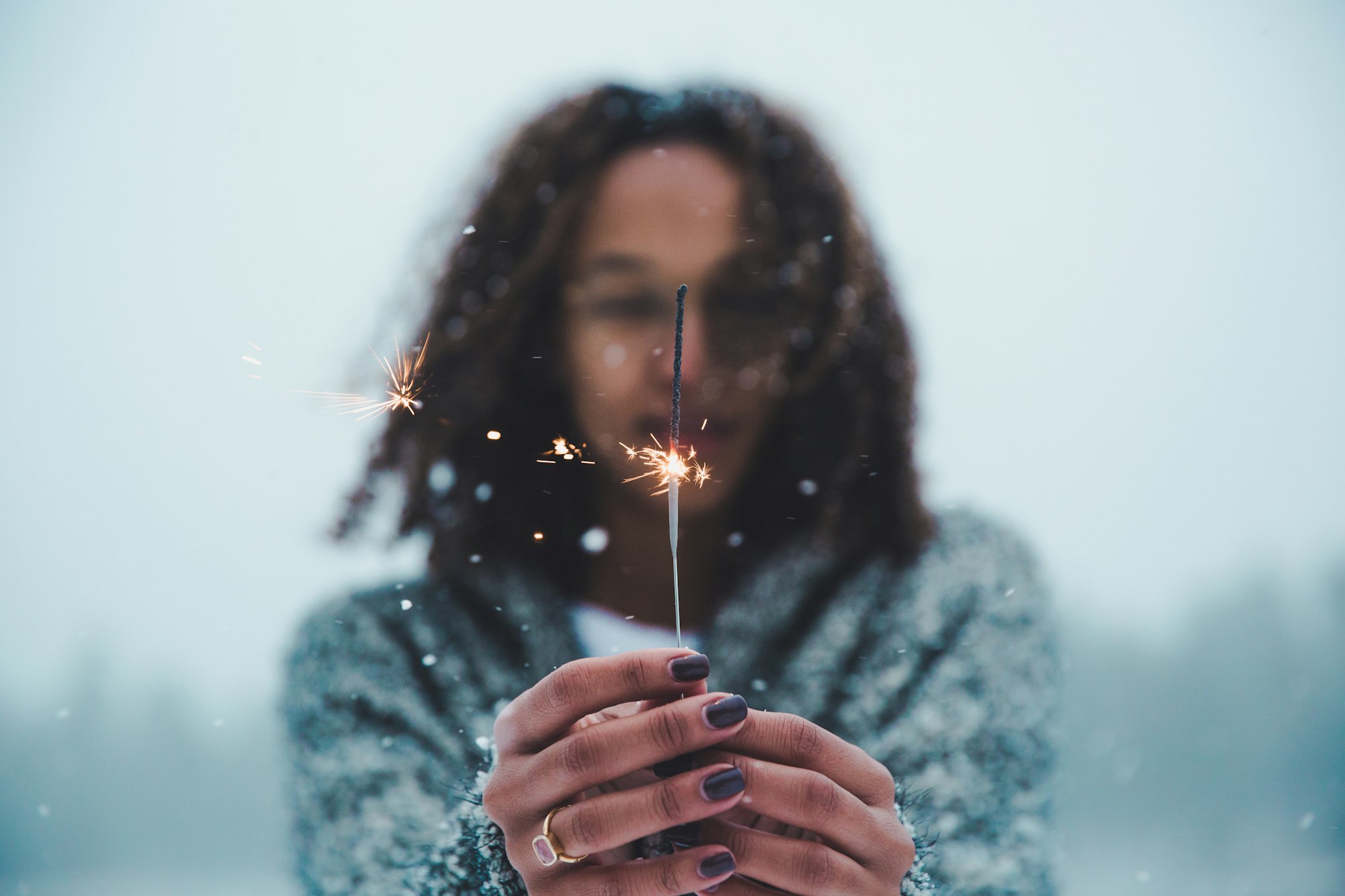
A spark is, by definition, small.
Don’t feel the pressure here to discover a passion or something that is going to turn your world upside down.
What we’re doing here is getting in the habit of identifying our curiosities.
What you notice may seem insignificant, but the quality of what we’re observing doesn’t matter – it’s the process of seeing these sparks of curiosity that is the gold in this exercise.
And, like when we exercise any physical muscle in our body - the early days may be tough.
Getting your curiosity muscle going again might hurt a little, and you might not feel it’s even there - but in time and with some intentional exercise, you’ll begin to find that it starts to fire.
In fact, I’ve found that once you start using it, you may end up with so many curiosities that there are too many to pursue.
But let’s not get ahead of ourselves!
I encourage you to spend some time this week with the questions I’ve asked above (and any others you come up with).
- You might like to take each one in turn and journal what you come up with.
- Or maybe you have a friend that you could talk through them with.
- Or maybe choose a question to ponder while you go on a walk each day.
- Or perhaps you’d like to work through them in our Facebook group.
2. Chase a Curiosity
Choose an action that is achievable - one where you can take some small tangible step forward.

When you do - pay attention to what happens.
Does taking that step to energise you? Maybe another step while you’re energised is a good move? You may have discovered something that you can continue to pursue.
Or maybe the step you take is the only step you need to take.
If that’s the case - don’t let it get you down.
You’ve moved!
You’ve taken action!
You’ve learned something (even if it is just that you don't like something).
Now it's time to choose another curiosity to action.
How Curiosity Got Me Though the Pandemic
During the pandemic (about 18 months ago), I was feeling very unmotivated with my photography.
I am someone who does enjoy getting out and taking photos of the activities that I do, but partly due to the pandemic and partly because I’d just gotten a little bored and apathetic, I had stopped taking photos.
One day I was sitting in my office bemoaning the fact that I wasn’t able to go out and take photos when I found myself asking a question.
“I wonder if there’s another type of photography I could pursue during this lockdown?”
Note: often, curiosities start with ‘what if’ or ‘I wonder if’.
It struck me that while I couldn’t leave my house that there were plenty of objects around me that I could photograph.
So I grabbed my camera and set up a couple of basic lights, and began to start taking photos of the first thing I saw.
The first item I decided to photograph was a mechanical keyboard that I’d recently purchased (by keyboard, I mean the ones you type on).
I’ve never photographed still-life subjects before, so it was a fun couple of hours. I decided to try to photograph them like I’d photograph people - ‘keyboard portraits’ if you will.
It sounds strange, but I got completely lost in the process - it was like time stood still for the next couple of hours. I really enjoyed it.

I thought the shots were decent enough, so, on a whim, shared them with an online Discord group for mechanical keyboard enthusiasts that I was in (yes - there are groups for that!).
I didn’t really expect much, but within a few minutes, I had people commenting on my photos, and one person even asked if I could send him a high-resolution photo so he could use it as wallpaper for his computer!
One person in the group also asked if he could share one of the photos on a SubReddit he was in (yes - there are even SubReddits dedicated to mechanical keyboards). I agreed, and the post again got a lot of positive responses.
I went to bed that night buzzing.
Partly because a few hundred geeks thought I’d done something cool but mainly because I’d tried something new and I had really enjoyed it.
It was the first time in a long while that I’d felt that way.
I decided to do it again later in the week with another keyboard (please don’t ask how many I own).
To cut another long story short - a few weeks later, I started an Instagram account to share my ‘portraits’ of mechanical keyboards (and later, I started photographing other things like watches, cameras and more).
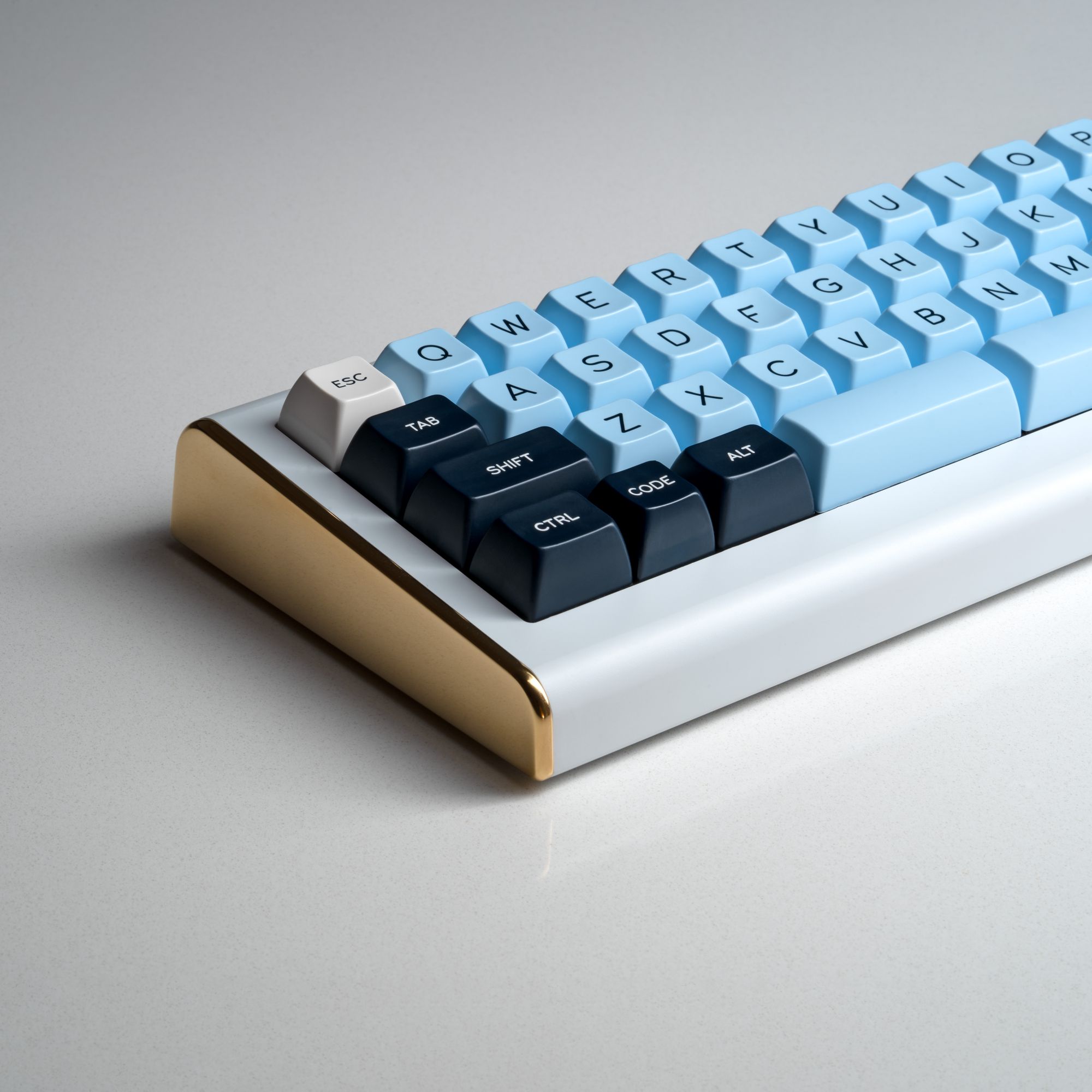
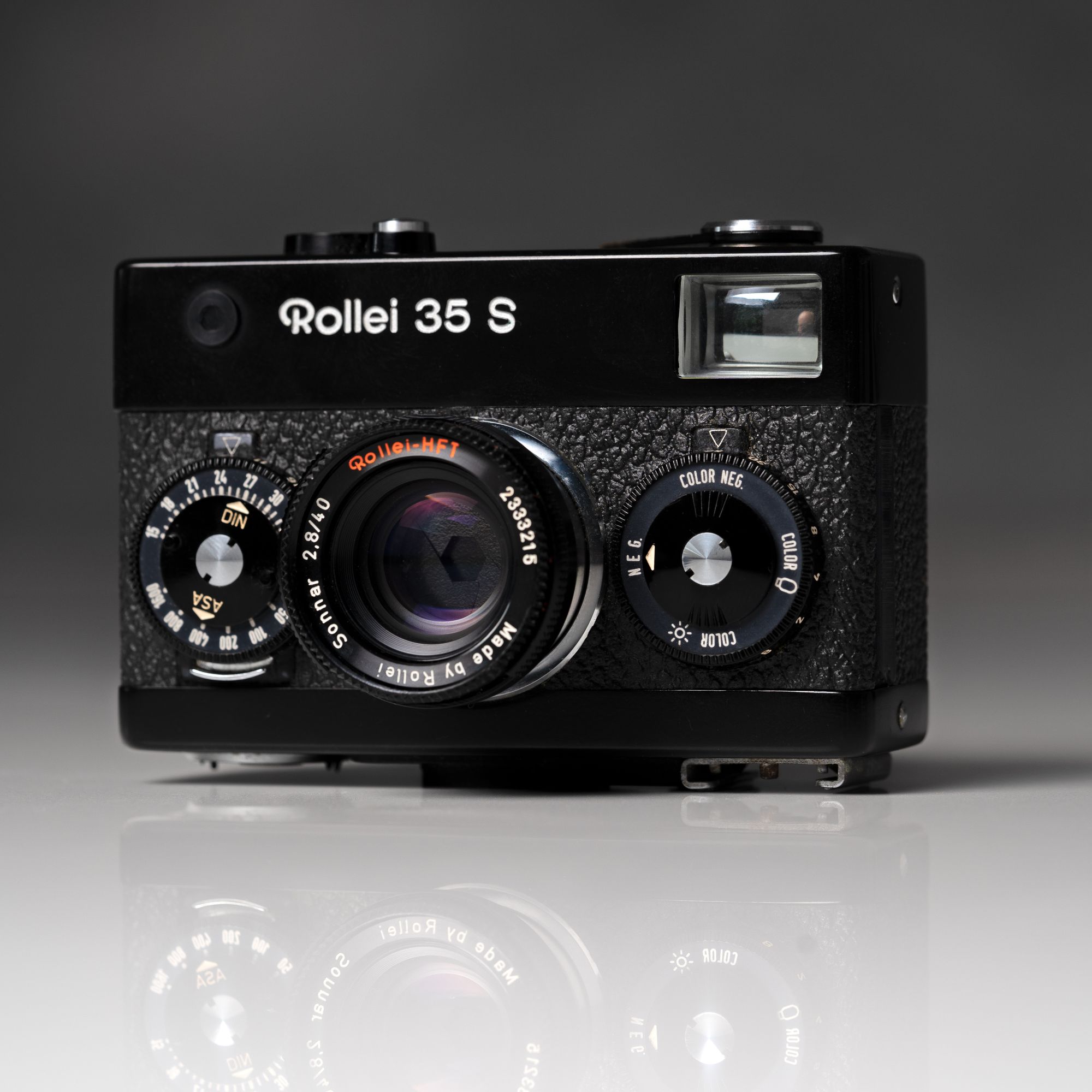

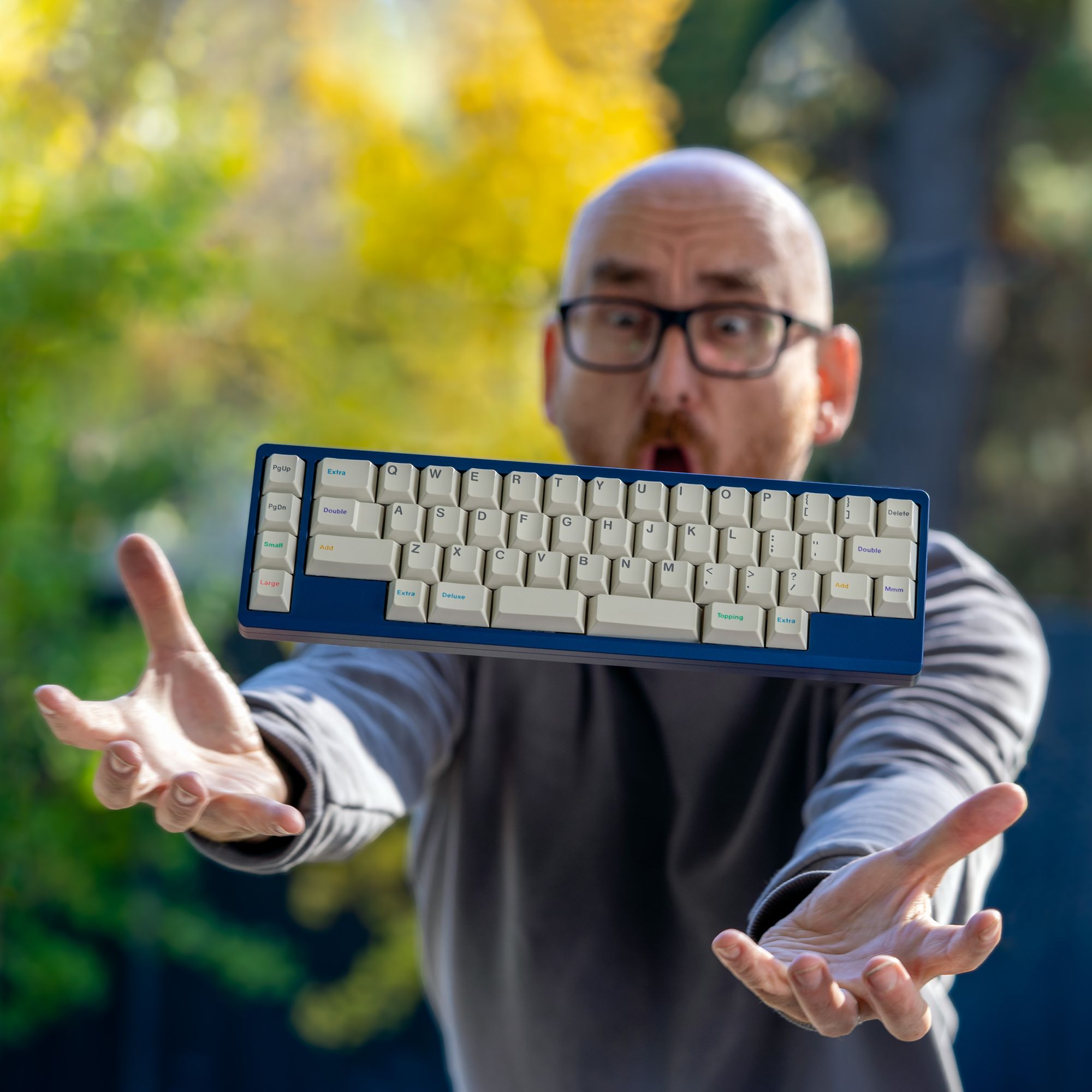
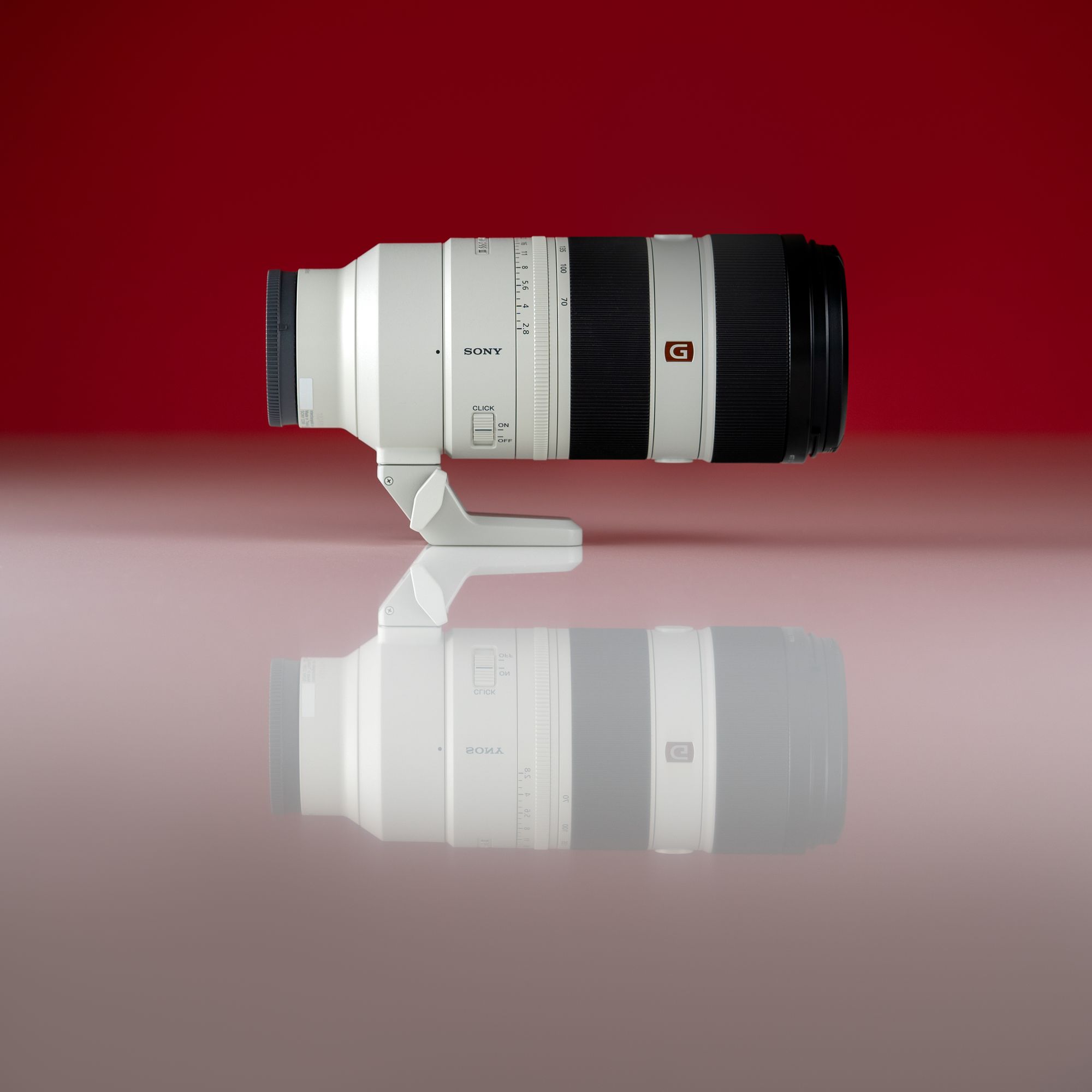
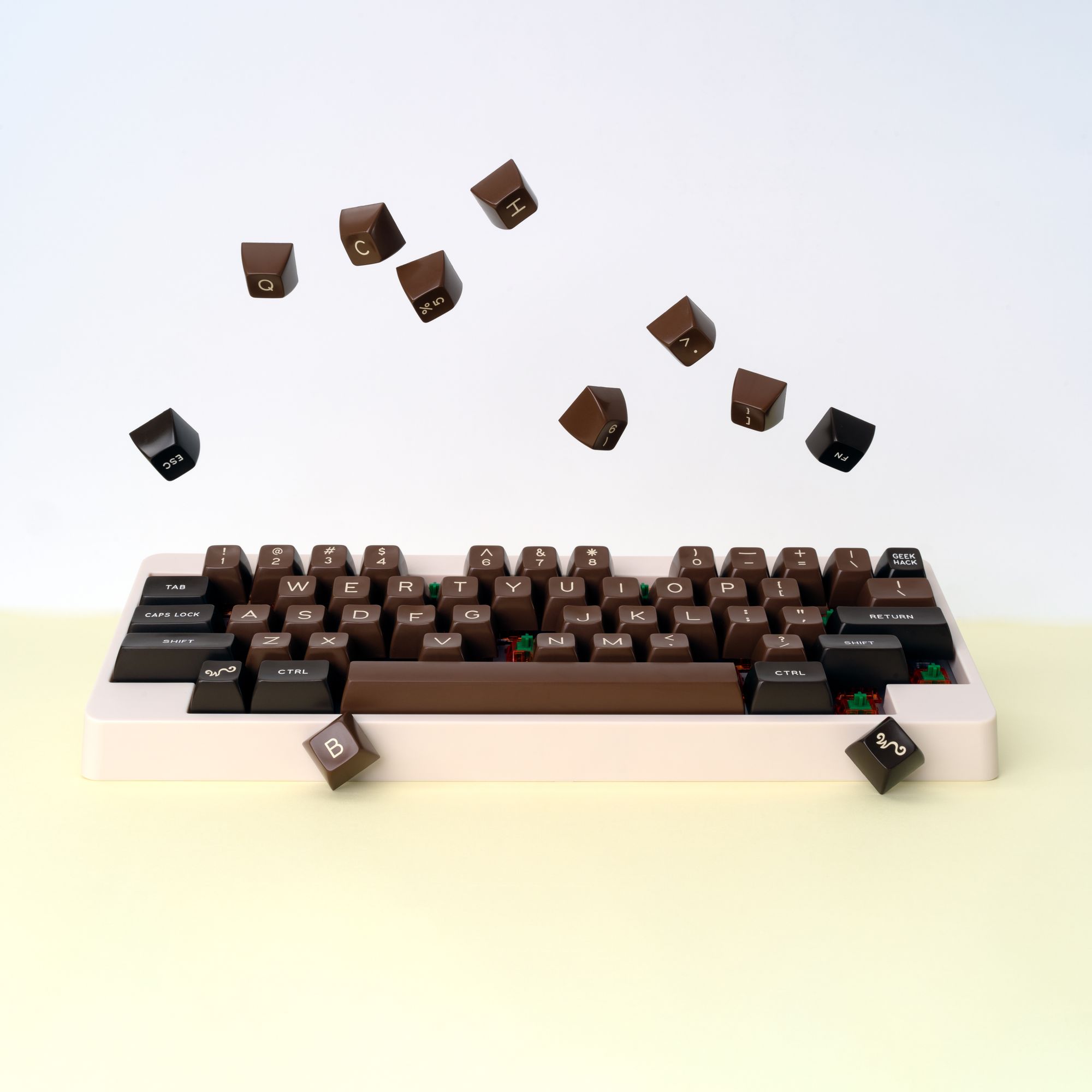
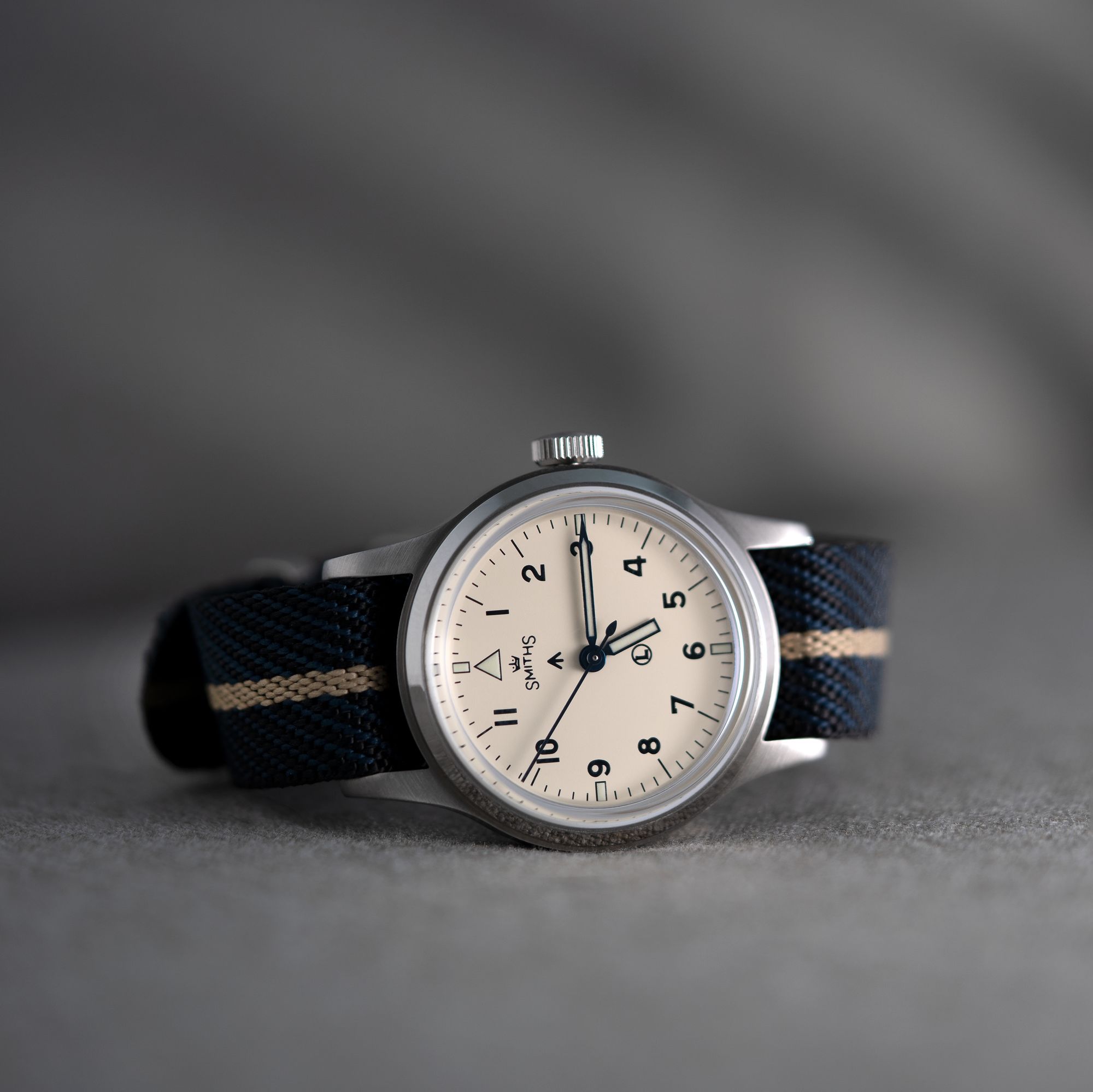
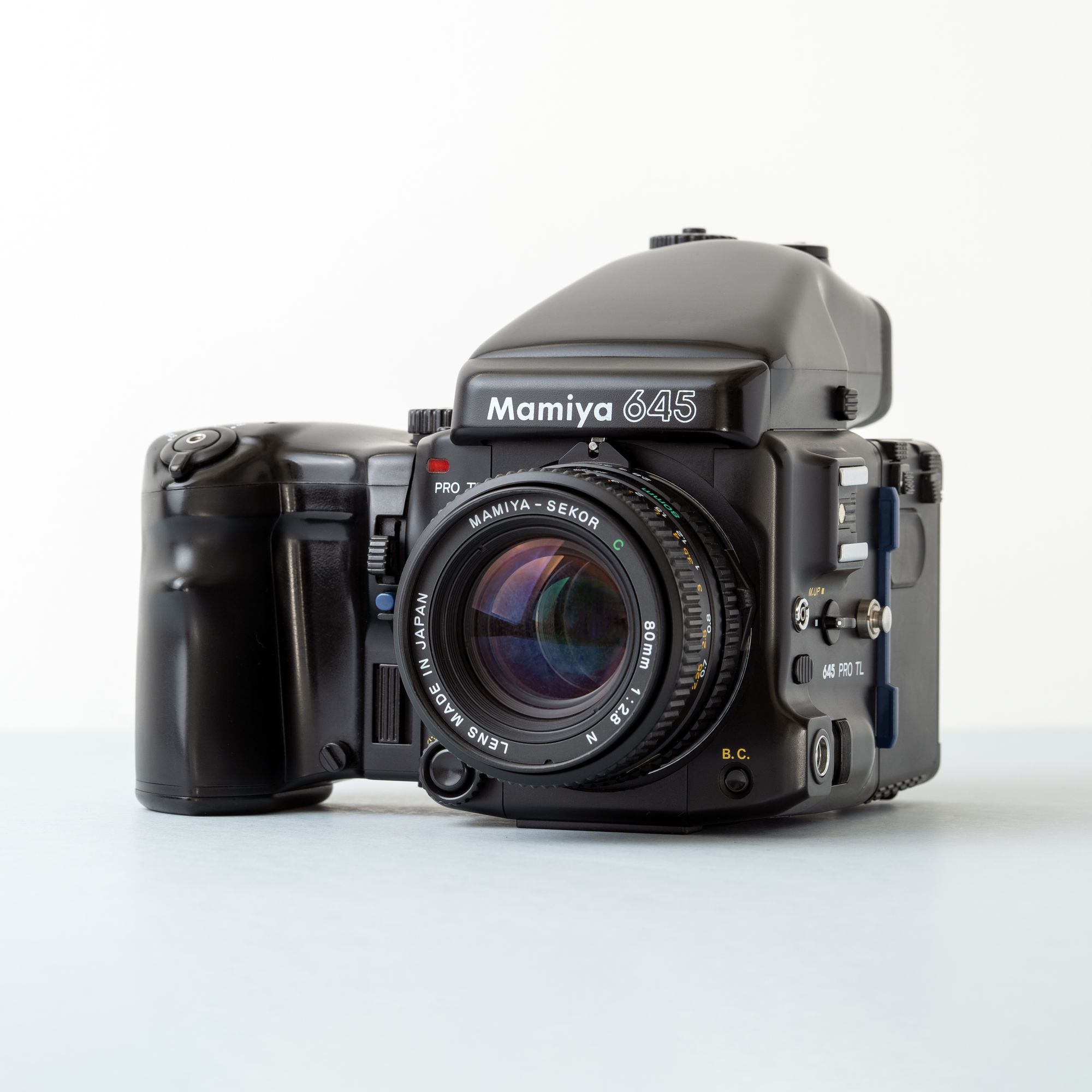
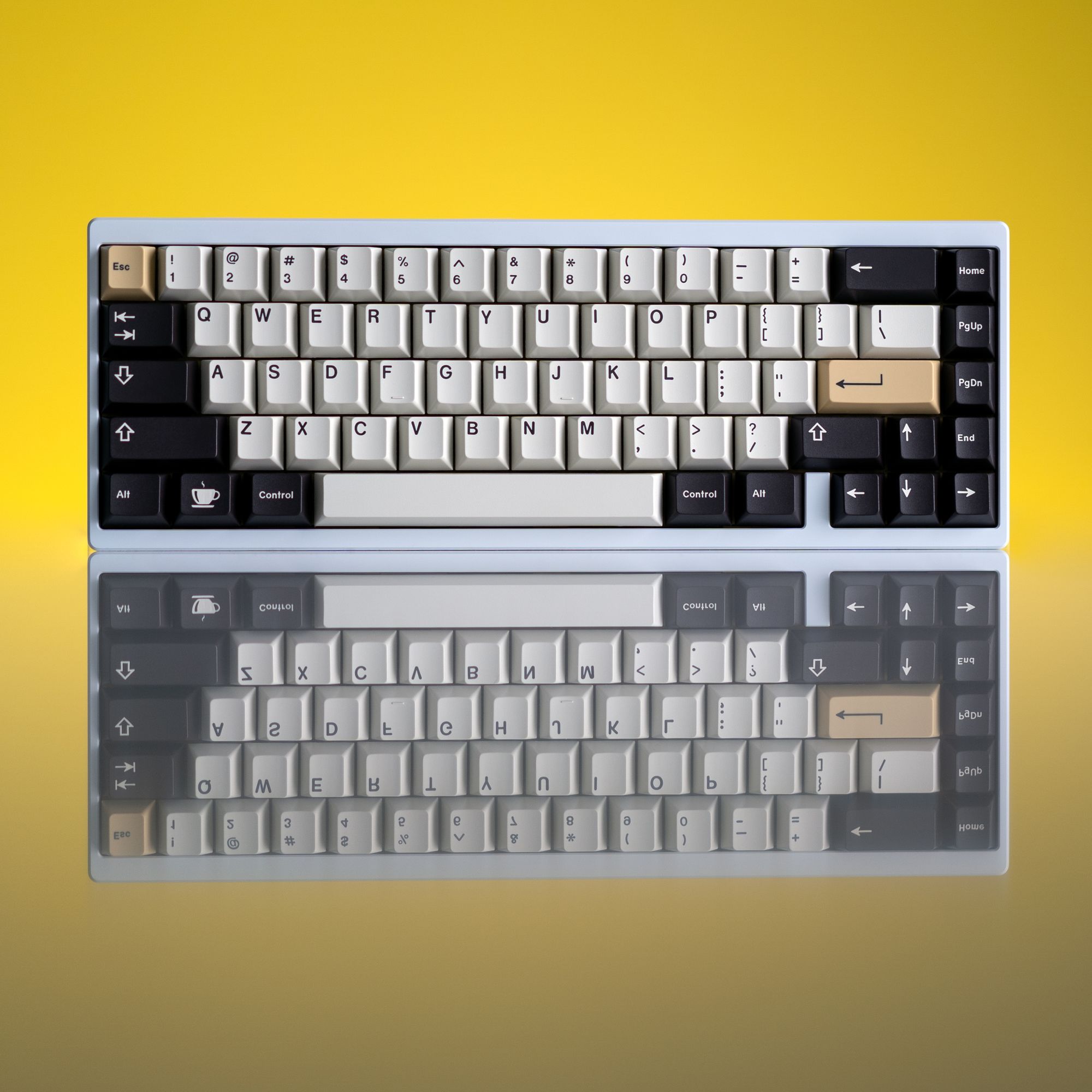
Geeky - yes.
But it is something that kept me energised right through the last 18 months, which others seemed to get a little joy from.
I’m not sure I want to become a professional mechanical keyboard photographer - that’s not the point of this story - but I am glad I asked myself that ‘I wonder if…’ question because it led me to something that did help me get through a rather bleak time.
Not every curiosity leads to a passion or a career change - but getting in the habit of noticing and chasing your curiosities can be life-giving pursuit.
I hope that identifying and chasing some curiosities of your own does just that in the weeks ahead.
Let me finish with a quote (you didn't think we'd get through this without at least one, did you?)
"You can't connect the dots looking forward, you can only connect them looking backward. So you have to trust that the dots will somehow connect in your future. You have to trust in something -- your gut, destiny, life, karma, whatever. This approach has never let me down, and it has made all the difference in my life."
Steve Jobs
PS: Feel free to share this with a friend who might need to read it.

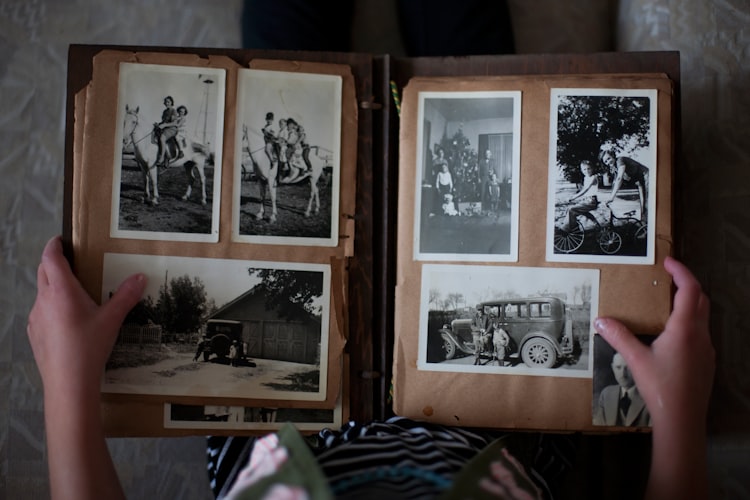
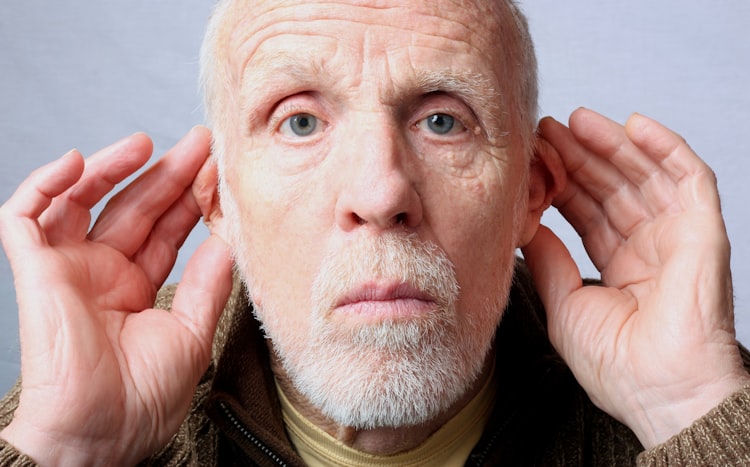
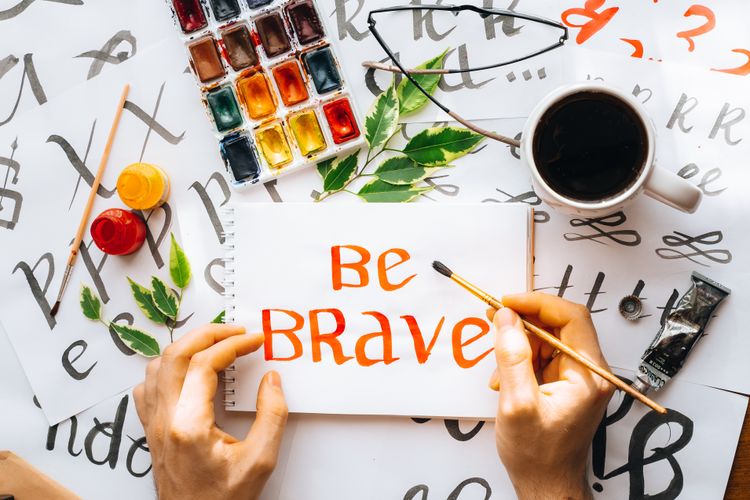
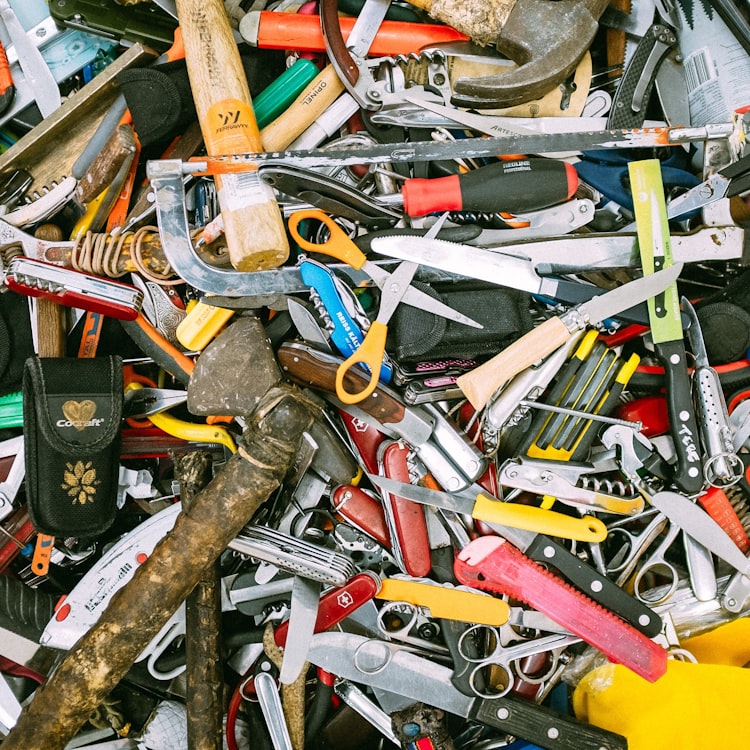
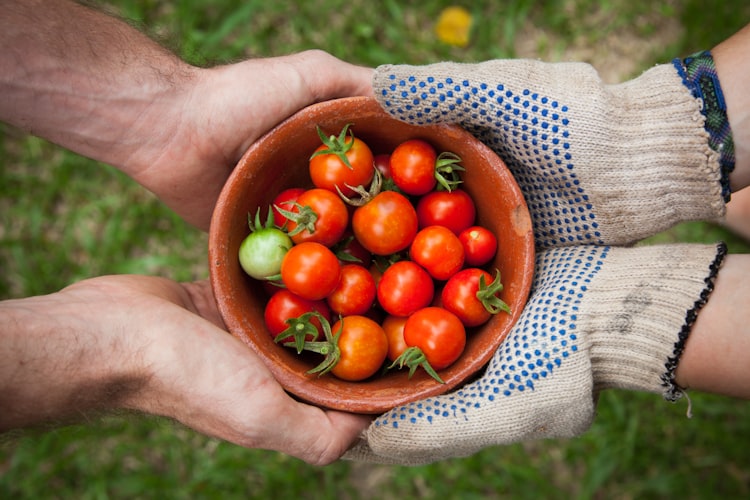
Member discussion